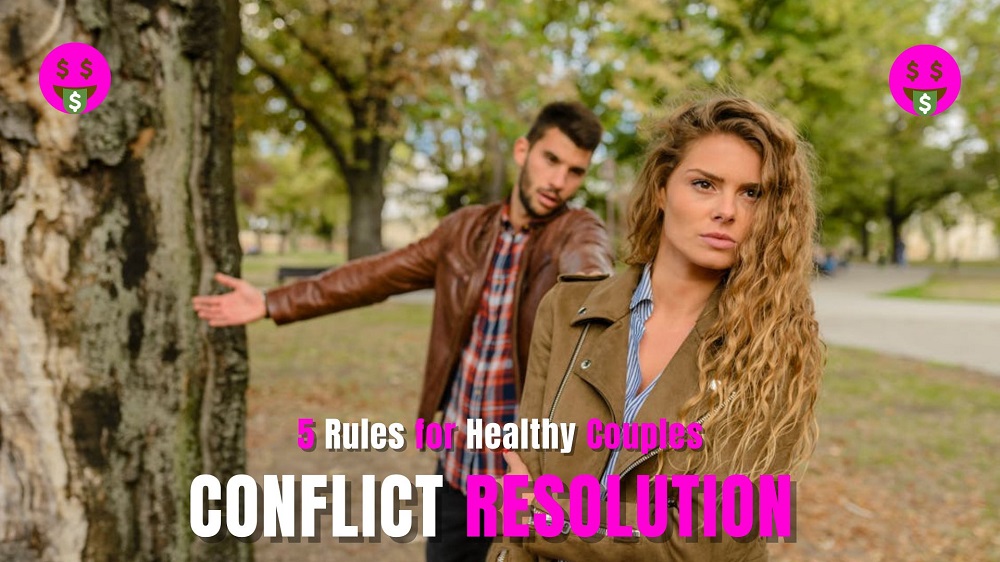
1. Be mad at me, but don’t stop praying for me. I still need your prayers.
Even in the midst of anger, maintaining a spiritual connection is crucial. Praying for your partner shows that you care about their well-being and are willing to seek a higher power’s guidance for your relationship. It demonstrates an ongoing commitment to each other, despite the temporary rift. When we pray for those we are upset with, it can soften our hearts and remind us of the bigger picture. It helps us to see beyond the immediate anger and fosters a sense of empathy and understanding. By praying for each other, couples can invite peace and clarity into their situation, making it easier to resolve conflicts with a compassionate and loving mindset.
2. Be mad at me, but don’t threaten to quit what we have. Ending it is not the solution.
In moments of anger, it can be tempting to say things we don’t mean, including threats to end the relationship. However, making such threats can cause irreparable harm and erode the foundation of trust and security that every relationship needs. Instead of threatening to leave, it’s essential to focus on finding solutions and working through the issues together. A commitment to staying and resolving conflicts strengthens the bond between partners. It reassures both individuals that their relationship is resilient and worth fighting for, even when times are tough. This approach encourages problem-solving and reinforces the idea that challenges are opportunities for growth, not signals to abandon ship.
3. Be mad at me, but don’t punish me using sex. Let’s keep intimacy special, don’t weaponize it. (Conflict Resolution Couples)
Sexual intimacy is a vital part of a healthy relationship, and using it as a tool for punishment can be deeply damaging. Withholding sex to manipulate or punish your partner undermines the trust and affection that are foundational to intimacy. It’s important to keep the bedroom a safe space where both partners feel valued and loved, regardless of the conflicts that arise outside of it. When anger spills into the intimate aspects of a relationship, it can create a sense of rejection and insecurity. By maintaining a loving and intimate connection, even during disagreements, couples can reinforce their bond and remind each other of their mutual commitment and love. This doesn’t mean ignoring the issue at hand but rather ensuring that intimacy remains a sanctuary free from the conflicts that might otherwise drive a wedge between partners.
4. Be mad at me, but don’t keep reminding me of things you said you forgave me for. (Conflict Resolution Couples)
Bringing up past mistakes that were supposedly forgiven reopens old wounds and hinders the healing process. True forgiveness means letting go and not holding past transgressions over your partner’s head. Constant reminders of past errors can create a toxic environment where the offender feels perpetually guilty and the offended party feels justified in their continued resentment. To foster a healthy and forward-moving relationship, it’s essential to truly let go of past grievances once they’ve been addressed and forgiven. This practice encourages trust and allows both partners to move forward without the baggage of old conflicts. It also promotes a positive and hopeful outlook for the future of the relationship, where both individuals feel free to grow and learn from past mistakes without being eternally punished for them.
5. Be mad at me, but don’t develop a bad attitude or view of yourself. I take responsibility for offending you, let’s make us work (Conflict Resolution Couples)
When conflicts arise, it’s crucial not to let them alter your self-perception or the way you view your relationship. It’s easy to fall into a negative mindset, believing that the conflict defines you or the relationship. However, it’s important to remember that everyone makes mistakes and that conflicts are a normal part of any relationship. Maintaining a positive attitude and a healthy self-view helps you approach the situation constructively. Acknowledge the issue, but don’t let it overshadow the good aspects of yourself or your partnership. Taking responsibility for your actions is a sign of maturity and commitment to making the relationship work. It shows your partner that you are willing to own up to your mistakes and are dedicated to improving and growing together. This attitude fosters a collaborative environment where both partners feel empowered to contribute to the resolution and strengthen their bond. By focusing on solutions and personal growth, couples can turn conflicts into opportunities for deeper understanding and connection.
POSTED IN: Lifestyle and Personal Development